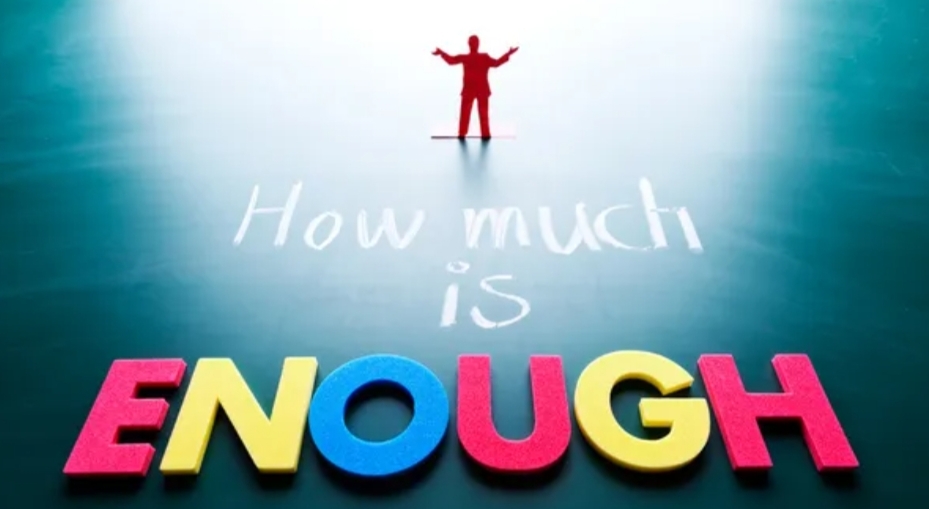
In today’s fast-paced world, it can be overwhelming to try and improve multiple skills at once. Whether you’re a student looking to enhance your academic abilities or a professional trying to advance in your career, focusing on one skill at a time can help you achieve your goals more effectively.
Here are some tips on how to focus on your skills one at a time
- Identify your goals: Before you start working on improving a skill, it’s important to identify your goals and what you hope to achieve by developing that particular skill. Having a clear understanding of what you want to accomplish will help you stay motivated and focused throughout the process.
- Prioritize your skills: Make a list of the skills you want to improve and prioritize them based on their importance and relevance to your goals. This will help you stay organized and focused on one skill at a time. It will help you do it without feeling overwhelmed by trying to work on too many things at once.
- Create a plan: Once you have identified the skill you want to focus on, create a detailed plan outlining the specific steps you need to take to improve that skill. Break down the process into smaller, achievable goals that you can work towards each day.
- Set aside dedicated time: Allocate specific time each day to work on improving your chosen skill. This could be as little as 15-20 minutes a day, but consistency is key. By setting aside dedicated time for practice, you will be able to make steady progress towards mastering the skill.
- Eliminate distractions: When you’re working on developing a new skill, it’s important to eliminate distractions that can hinder your progress. Find a quiet place where you can focus without interruptions. Turn off any unnecessary notifications on your phone or computer.
- Seek feedback and guidance: Don’t be afraid to ask for feedback from others who are experienced in the skill you are trying to develop. Their insights and advice can help you identify areas where you can improve. Their insights can also provide valuable guidance on how to progress further.
- Practice regularly: Practice is essential for improving any skill. Make sure to regularly practice the skill you are focusing on, even if it’s just for a few minutes daily. The more you practice, the more confident and proficient you will become.
By following these tips, you can effectively focus on developing your skills one at a time and make progress towards achieving your goals. Remember that mastering a skill takes time and dedication. So, be patient with yourself and celebrate your achievements along the way. With dedication and perseverance, you can become proficient in any skill you set your mind to.









